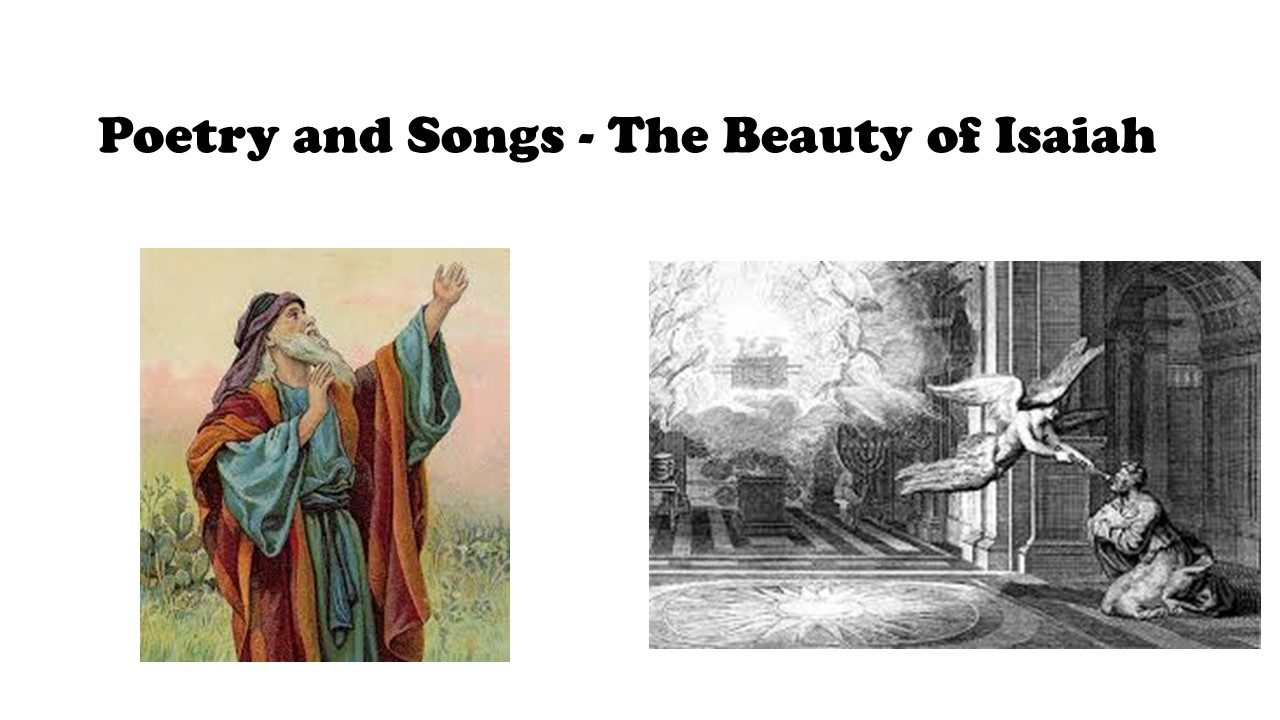The book of James offers profound insights into the power of prayer, healing, and restoration. James emphasizes that in every circumstance—whether in joy or trial—we are called to turn to God in prayer and to seek His intervention. Prayer, especially when offered in faith, holds immense power to bring about healing, not only physically but also emotionally and spiritually. Furthermore, James highlights the importance of communal prayer, confession, and accountability, all of which are integral parts of the healing and restoration process in the Christian life.
James reminds us that confession to one another is not a burden but a pathway to healing, and that forgiveness is essential for true restoration. He also emphasizes the power of intercessory prayer, illustrating its effectiveness through the example of Elijah, a man with human weaknesses yet whose prayers were answered by God. This encourages believers to pray with faith and persistence, trusting in God's faithfulness to act in His perfect timing.
Finally, James concludes with a call to pursue the restoration of those who have wandered from the truth. Restoration is not just an individual matter but extends to the entire community of believers. When we seek to bring back those who have strayed, we participate in God's redemptive work. Through this teaching, James calls Christians to be people of prayer, healing, and restoration, showing the transformative power of a faith that is lived out in action.

The prophetic writings of Isaiah stand as a masterpiece of both theological and literary significance. Renowned for its vivid imagery and profound metaphors, Isaiah’s...

The book of Genesis in the Bible contains several figures that are considered types of Christ as they prefigure and parallel aspects of Jesus'...

We wrap up our series 50 Books of the Bible in 50 Weeks with some final reflections on the Book of Revelation. In Revelation...